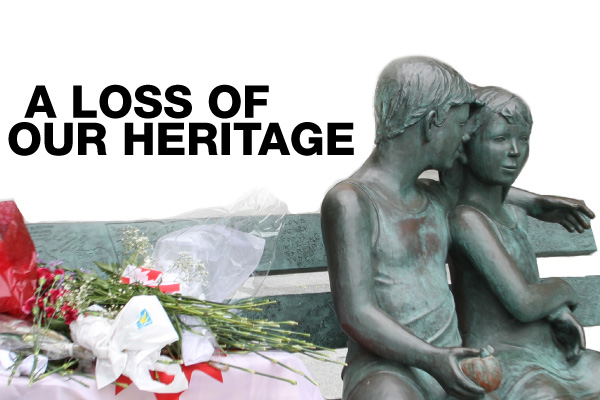
The following was written by Kevin King, Regional Vice-President for the Alberta, NWT and Nunavut region and a friend of Laurel Gladu.
I wish to write on the sudden and unexpected passing of Sister Laurel Gladu, Assistant Regional Vice President of the Union of National Employees’ Alberta, Northwest Territories and Nunavut region.
Laurel passed away on May 15th, 2012. She had just completed steering committee work for the upcoming UNE Health and Safety Conference in Montreal in October.
Laurel has been an activist within PSAC at her workplace of Aboriginal Affairs and Northern Development Canada since the early 1980s. Her union involvement started as a steward in Inuvik (Local X0305), then in Yellowknife (Local X0304). In the late 1980s, Laurel moved to Edmonton where she became a continuous member of her Local Executive (Local 30067) until this early Spring.
Laurel was a well intended activist who worked hard – often with direct representation as a skilled chief shop steward. She worked tirelessly, with a wonderful dose of common sense, towards the steadfast advancement of women’s issues, the promotion of Aboriginal Peoples’ rights, and the raising of awareness of occupational health and safety matters.
Laurel was my confidante on the regional team of UNE. This region is an extremely difficult region to administer, but Laurel took on the labour issues, offering dignity and respect to members who worked in difficult workplaces, and, at times, with less than cooperative managers.
Her friends were many in the labour movement; her passing leaves a void among all activists within the Prairies and the PSAC Prairie Region of PSAC.
Regionally, Laurel was a Human Rights Representative for Equal Opportunities from 1990 to 1993. She was also Assistant Regional Vice-President at the UNE during from 2008 until just recently. Laurel also represented members at all but one triennial convention of the UNE since 1990.
Most importantly, Laurel was my friend.
She cherished the love of her family, her children and grandchildren, golfing and the memories of her favourite vacation destinations: Las Vegas and Myrtle Beach.
I am so deeply saddened by her passing, and cannot imagine the grief of her loved ones and friends.
Laurel’s family has shared the following information regarding her funeral service:
May 23, 2012
2 p.m. (Mountain Daylight Time)
Evergreen Memorial Gardens
Edmonton, Alberta
There will be a service to pay your respects to Laurel’s family at 1:30 p.m.
Sincerely and in solidarity,
Kevin King
Regional Vice-President
Union of National Employees, PSAC









